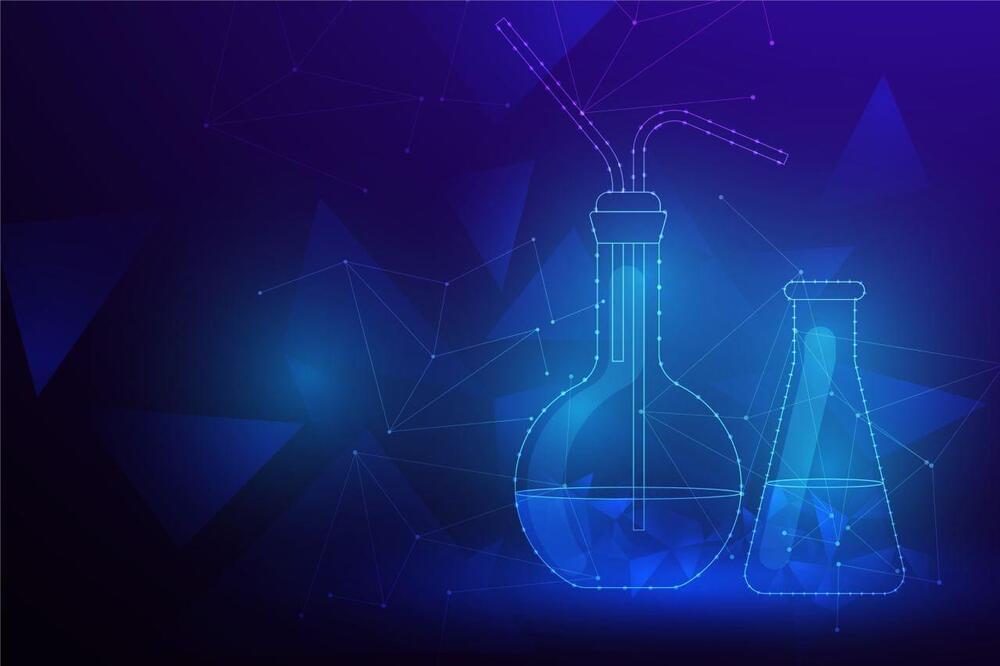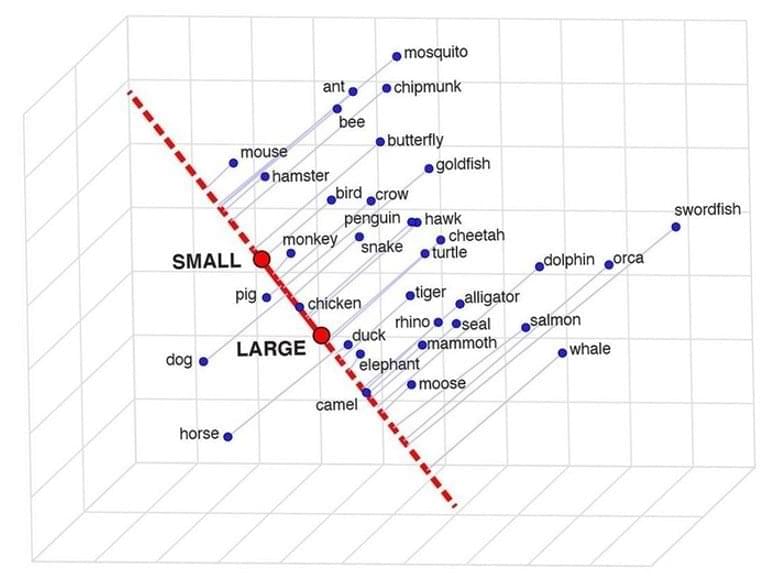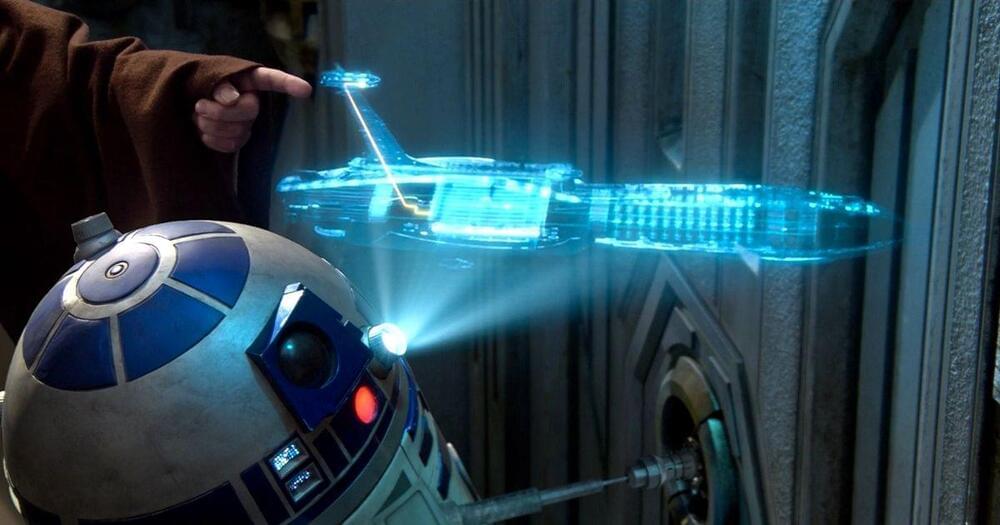The use of fire was a key factor in the evolution of Homo sapiens, not only for the creation of more sophisticated tools but also for making food safer, which in turn aided brain development.
To date, only five sites with fire evidence dating back 500,000 years have been found worldwide, including Wonderwerk Caves and Swartkrans in South Africa, Chesowanja in Kenya, Gesher Benot Ya’aqov in Israel, and Cueva Negra in Spain.
Now, a n Israeli research team has used artificial intelligence algorithms to discover a sixth site that shows traces of human fire! The study revealed evidence of human use of fire at a late Paleolithic site in Israel. The research results have been published in the journal PNAS.




